Talk Overview
Although people usually relate fungi with diseases, Dr. Anne Pringle provides an overview of the vastly diverse and complex world of fungi, and provides examples of the beneficial roles that fungi have on Earth. For example, although some fungi have been associated with devastating infections that threaten harvests every year, other fungi are mutualists needed for the healthy development of plants and animals.
In her second lecture, Pringle explains how one can use a “reverse ecology” approach to describe and characterize different organisms and their habitats, by studying their genes. Her laboratory used this approach to study the origins of the Bay Area Amanita phalloides. Although Amanita phalloides was thought to be an invasive species, historical records were mostly descriptive and hard to use as concrete evidence of the species’ biogeography. Using genetic information, the Pringle laboratory was able to definitively prove that early samples identified as Amanita phalloides in the US are distinct from the European species. They also used molecular data to document the symbiotic associations between Amanita phalloides and plants, proving the efficacy of these approaches to study species that are hard to grow in the lab.
In her third lecture, Pringle provides an overview of convergent interactions, defined as the independent emergence of multi-species interactions with similar physiological or ecological functions. For example, multiple plant lineages have independently evolved interactions with fungi in order to exchange resources and form what are known as mycorrhizal symbioses. To further understand how convergent interactions are formed, the Pringle laboratory studied the evolution of plants that have “pitcher”-like structures as well as the mycorrhizal symbiosis in the Amanita genus.
Speaker Bio
Anne Pringle
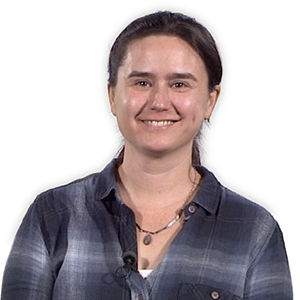
Dr. Anne Pringle is a Professor at the University of Wisconsin, Madison. She obtained her bachelor’s degree in Biology from the University of Chicago in 1993, and completed her doctoral degree in Botany and Genetics at Duke University in 2001. Pringle continued her postdoctoral training as a Miller Fellow at the University of California, Berkeley,… Continue Reading
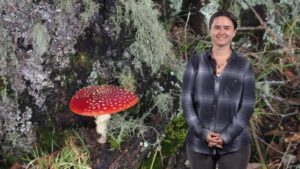
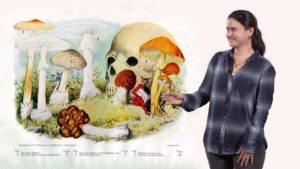
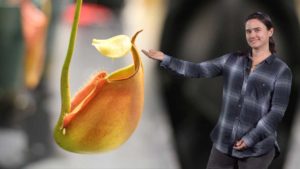
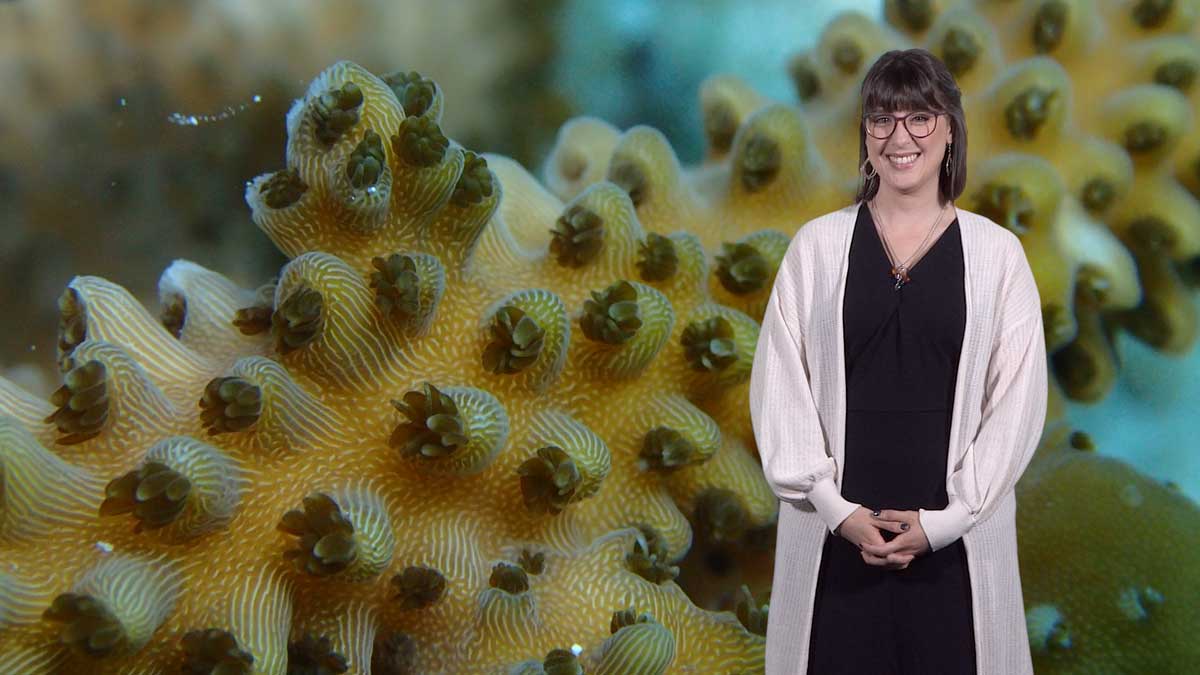
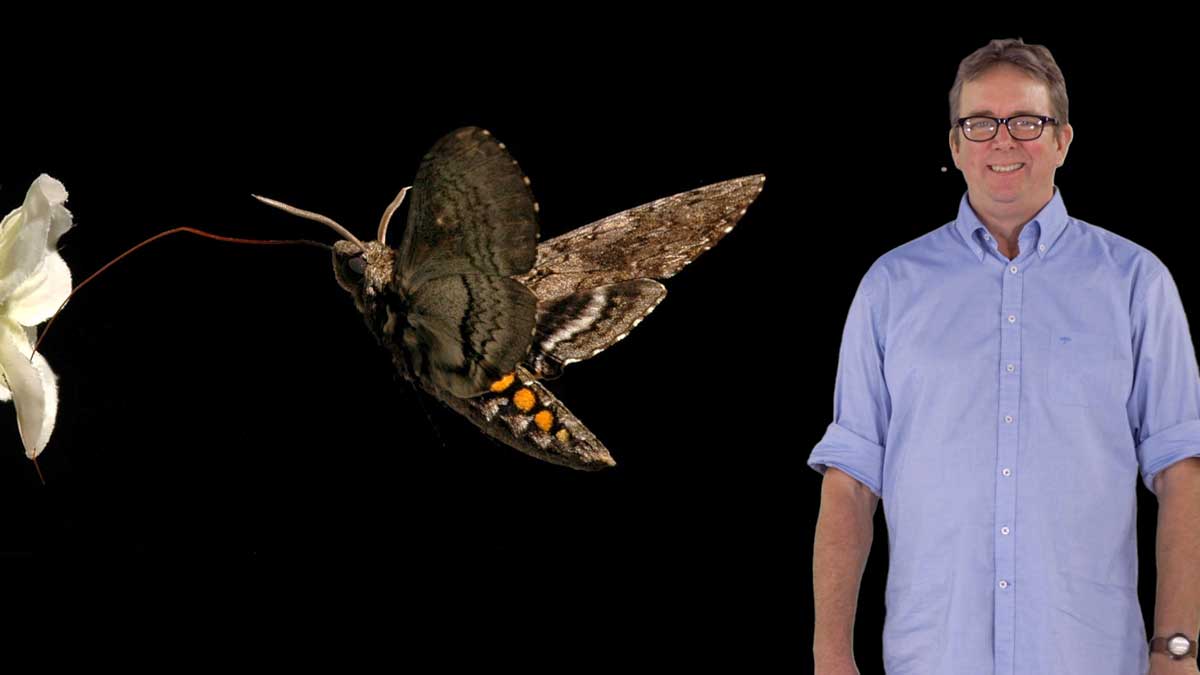
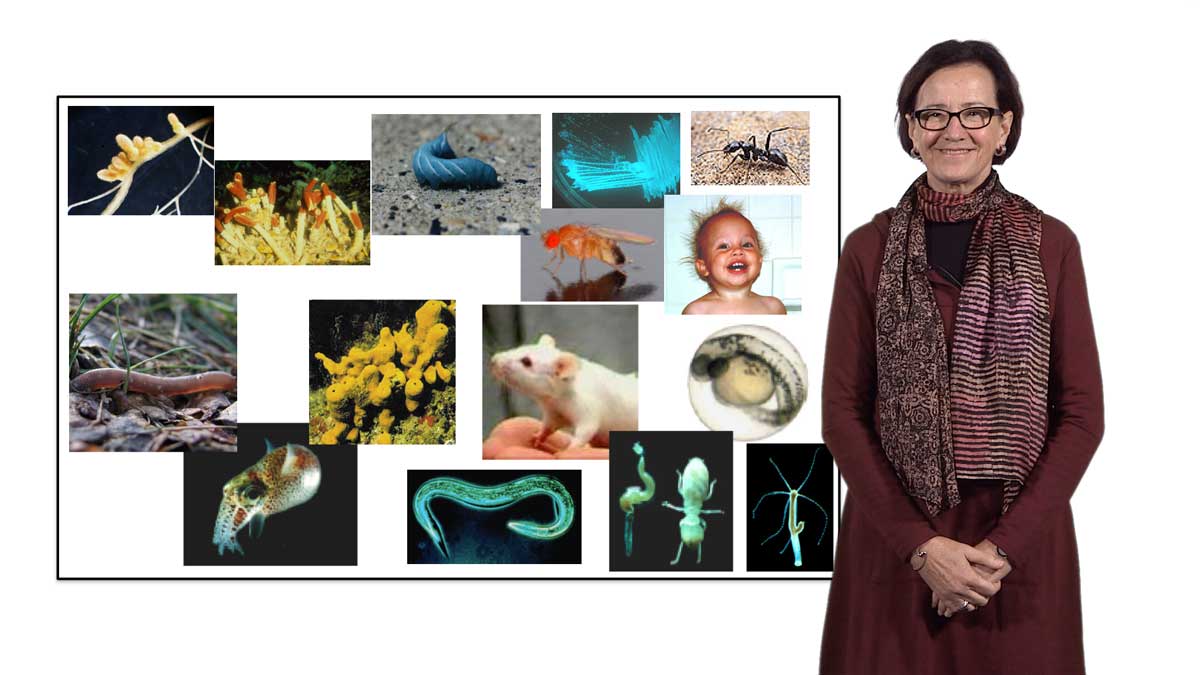
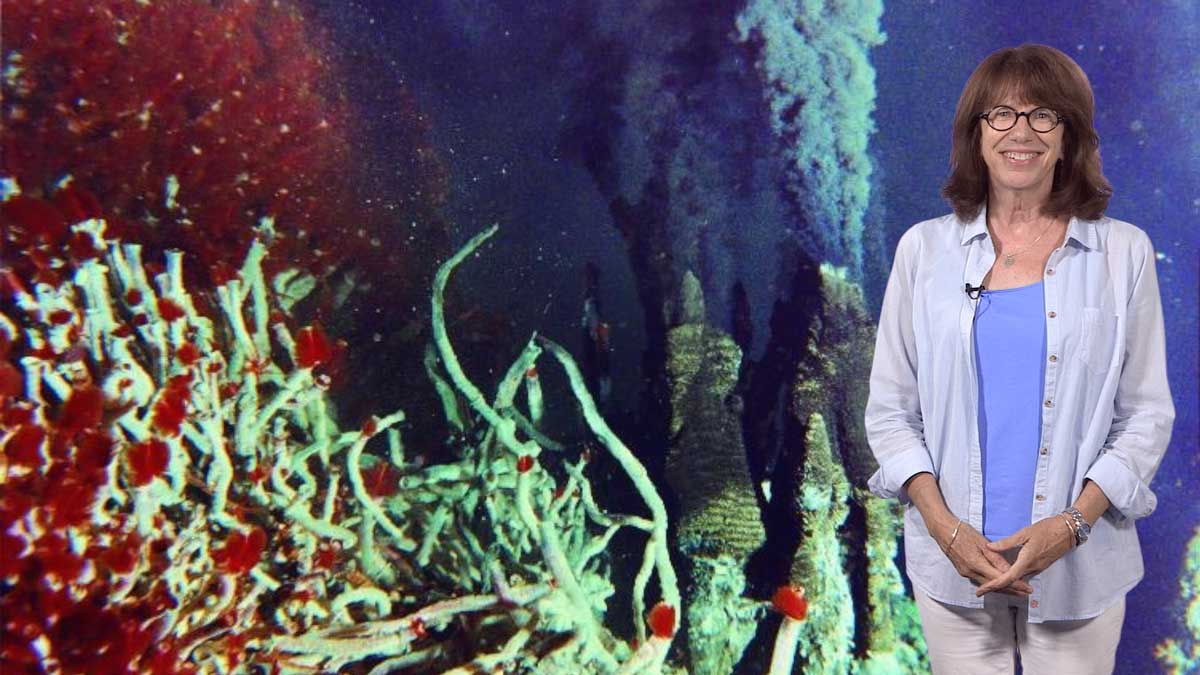





birgitta says
Thank you for interesting presentation!